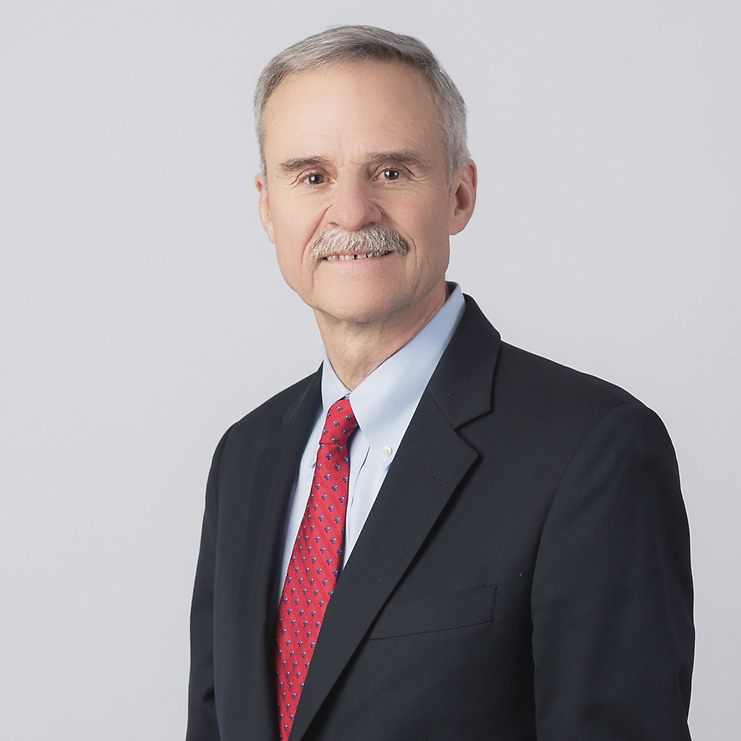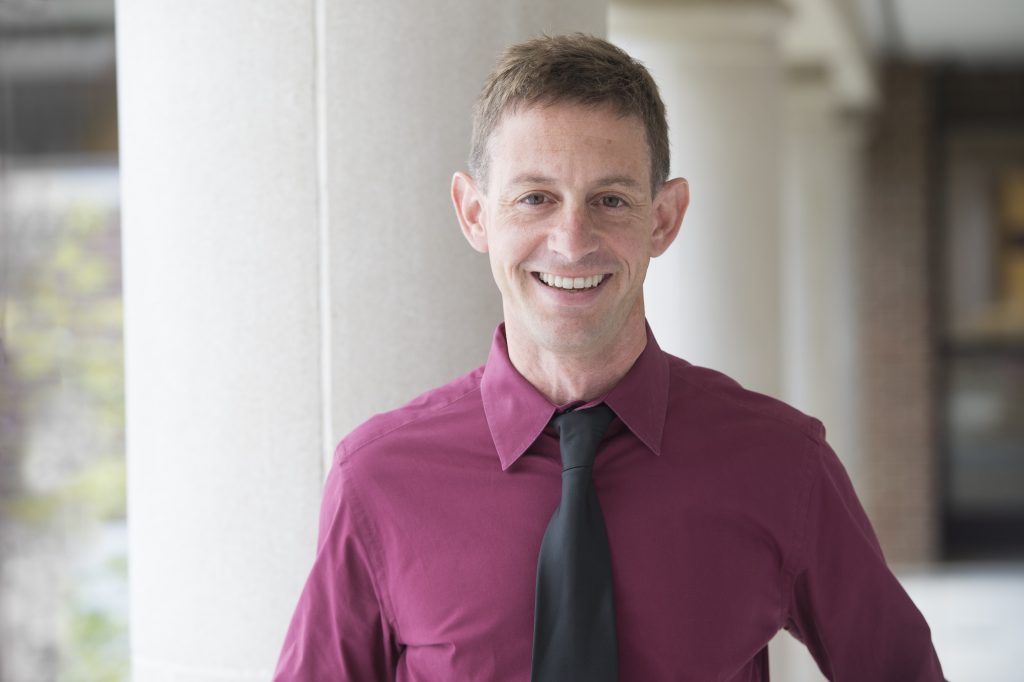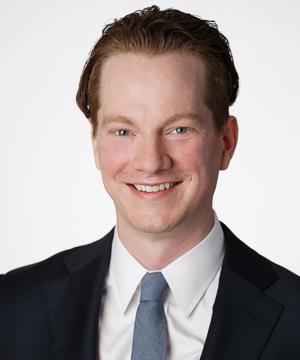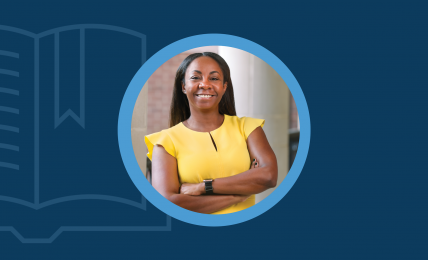
Wiley Rein LLC partner Rick Simpson ’77 has followed the U.S. Supreme Court closely for a long time. He’s written amicus briefs for multiple cases and attended many arguments — and his wife, Lynda, clerked for the late Justice Lewis F. Powell Jr.
So, when Simpson presented an oral argument before the court last November, there were no surprises for him. But the difference between watching as an observer in the periphery and standing front and center can’t be overstated.
The proximity to the justices was memorable for Simpson, who runs the UNC School of Law Supreme Court Program with Andy Hessick, UNC’s Judge John J. Parker Distinguished Professor of Law.

“It really stood out to me how close you are to the bench, so close that you can’t see all nine justices at the same time — and how intense an experience it is even compared to the many times I have argued in state supreme courts and federal courts of appeals,” Simpson says.
A pro bono case through the Supreme Court Program was what put him that close to the justices.
The Supreme Court last June granted a petition for a writ of certiorari in a criminal case that raised double jeopardy issues the Carolina Law program filed. Hessick has called the court’s decision to grant review alone “a win at the major league level” for the program.
Now, after Simpson’s appearance before the Supreme Court, at which each justice asked questions of both sides, he’s optimistic about another win.
“I’d say that all of the hard work my colleagues and I put into preparing paid off. None of the questions came as a surprise, as they largely raised issues our team had discussed and anticipated,” he says.
The case in question is McElrath v. Georgia, in which Carolina Law’s client, Damian McElrath, was charged with two crimes that stemmed from the same incident. He was convicted of one crime but found not guilty by reason of insanity for the other.
The Georgia Supreme Court ruled that the two verdicts were so inconsistent with one another that they were legally “repugnant” — meaning neither verdict was valid, and McElrath could be retried on both charges. That court rejected the argument that the Fifth Amendment’s Double Jeopardy Clause prohibits a second prosecution on the acquitted charge.

Carolina Law’s oral argument challenged that decision.
Hessick, Simpson, and Wiley attorney Elizabeth Fisher ’19, a former Hessick student, represent McElrath, the petitioner.
Simpson prepared for the Supreme Court argument the way he always does before a court procedure — by studying detailed accounts of the record and relevant cases, which he discussed with Hessick and Fisher, who co-teaches in the Supreme Court Program. But he did much more of it.
“It was an intense process,” Simpson says.
He participated in two full moot courts with lawyers as justices, one arranged by the consumer advocacy nonprofit Public Citizen and one with the Georgetown Law Supreme Court Institute. Afterward, he debriefed with Hessick, Fisher, and their Georgia co-counsel.
Fisher also argued the case in a moot court in the Supreme Court class, with Simpson, Hessick, and students acting as justices.
Carolina Law students were involved with the cert petition from the start. Last fall, they participated in merits brief and oral argument preparation, in addition to moot courts. “And several of them were able to attend the argument, which was a great experience for them,” he says.
Through 2023, students in the program had helped prepare seven petitions for a writ of certiorari since the program was established in 2019. They’ve also assisted with amicus briefs and an opposition to a petition for a writ of certiorari.

Adam Gillette ’23, who worked on the cert petition as a student in Carolina Law’s Supreme Court Program, has said his participation “was unquestionably a highlight of my law school experience…Most attorneys go through their careers and never get to be a part of something like this.”
“Our students are doing an excellent job identifying cases like McElrath that have a real shot at being granted,” Simpson says.
The students’ latest initiative just took a big step forward.
On January 19, the Supreme Court Program filed a petition for a writ of certiorari in Bembury v. Commonwealth of Kentucky, a case a student identified last semester.
The case raises a question about an exception to the Fourth Amendment’s search warrant requirement — whether or not that allows police in every case to conduct a warrantless search of an external container of someone arrested. The central issue for Carolina Law’s program is if the exception applies “even if the arrestee has been restrained, and the container has been separated from him, such that there is no need for a warrantless search to prevent the arrestee from accessing a weapon or destroying evidence,” Simpson says.
Lower state and federal courts are split on the issue.
The newly filed petition has a chance, Simpson notes, “understanding, of course, that it is almost always surprising when the Supreme Court takes a case.”
Estimates vary, but out of 7,000 to 10,000 petitions filed annually, the Supreme Court typically grants certiorari and hears oral arguments in 65 to 80 cases.
A decision in the McElrath v. Georgia case, meanwhile, will come by the end of June, when the Supreme Court’s current term ends, but Simpson wouldn’t be surprised to see a decision by February.
A win for Carolina Law’s client would prohibit Georgia from subjecting a defendant to a second prosecution after certain kinds of acquittals. That also would affect the 15 states that have filed an amicus brief to support Georgia.
Whatever the outcome, there’s an upside for Carolina Law’s Supreme Court Program.
“Getting a case granted by the Supreme Court was a huge accomplishment and a great boost for the program,” Simpson says. “It helps to put us on the map as a serious player and generates excitement in the school community and beyond.”



